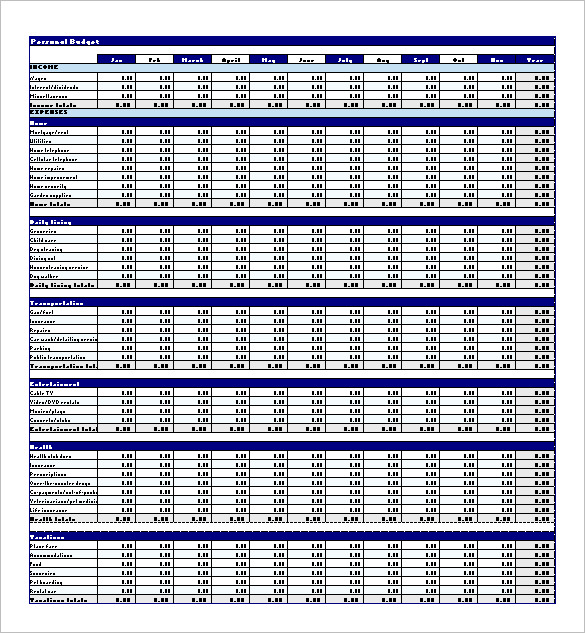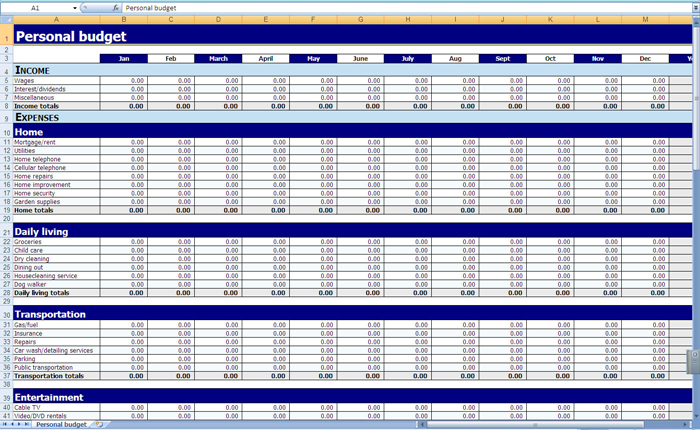

One of our initial grantees is Goodwill®, the leading workforce development organization in the U.S. To address this challenge, we’re funding organizations that are using technology and innovation to train people with new skills, connect job-seekers with high-quality jobs, and support workers in low-wage employment.Įarlier this year, we committed $50 million to help people prepare for the changing nature of work. By 2020, one-third of jobs will require skills that aren’t commonly found in today’s workforce. We know that economic mobility lies at the foundation of every productive society, but the nature of work is changing. That’s why we'll continue to support nonprofit innovators using technology to create new scalable education solutions as part of our $1 billion commitment. While technology alone will not improve education, students and teachers can thrive when they have access to the best tools and resources. We’ve also committed $5 million of additional funding to UNHCR and Learning Equality to bring this platform to learners in refugee camps, community centers, and schools in Jordan, Kenya, Tanzania, and Uganda.
#Creating a personal budget i khan academy Offline
This platform takes digital content like books, video tutorials, and quizzes, and makes them available offline for students without regular access to the internet. We also recently deployed eight volunteer Googlers to work with our grantee Learning Equality in Guatemala to help develop their offline learning platform, Kolibri. With our support, the platform has expanded to offer books in over 100 languages and to celebrate International Literacy Day, Google launched an internal campaign to rally Google volunteers to translate 1,000 stories on StoryWeaver.
#Creating a personal budget i khan academy free
With a grant from, Pratham Books has accelerated the development of Storyweaver, an open-source platform that connects readers, authors, illustrators, and translators to create free books for children around the world.

Our grantees are launching new learning platforms, building apps for self-directed learning, and creating new online lesson plans for teachers. Our initial $50 million commitment, announced earlier this year, is already showing progress.

To help bridge this gap, we’re supporting nonprofits that are building platforms to scale digital learning resources to everyone, everywhere. This is particularly true for students in developing countries - at the current rate, it would take 100 years for students in these regions to catch up. What kids learn today shapes the world we live in tomorrow, but students in disadvantaged communities continue to lag behind their peers with access to better resources.


 0 kommentar(er)
0 kommentar(er)
